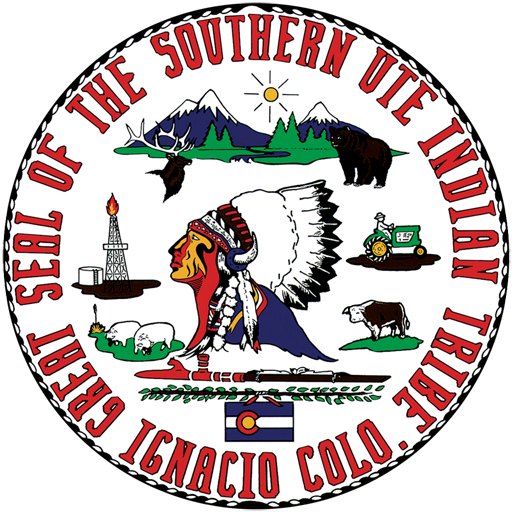The Southern Ute Indian Tribe is pushing back against media reports claiming it has agreed to allow a U.S. Immigration and Customs Enforcement (ICE) detention center on its reservation. In a press conference held Tuesday, the Tribe firmly denied the reports and issued a statement to clarify its stance on the controversial issue.

The clarification follows a Washington Post article that listed the Tribe’s land as one of three potential sites in Colorado for a facility to detain undocumented immigrants.
Here is the Southern Ute Indian Tribe’s statement:
The Southern Ute Indian Tribe (Tribe) is aware of recent media coverage regarding the expansion of U.S. Immigration and Customs Enforcement (ICE) facilities across the country, including in the State of Colorado. We recognize that these reports have placed the Tribe at the center of a highly polarizing national issue, and we want to be clear: the Tribe has not entered into any agreement with ICE regarding detention operations.
The Tribe was surprised to learn of its inclusion in a planning document referenced by the Washington Post, which listed potential ICE facility sites. Tricia McLaughlin, a spokesperson for the Department of Homeland Security (DHS), confirmed to the Washington Post that the document was created by ICE but is outdated and unapproved. The relationship between the Tribe and ICE has been mischaracterized. The Tribe was not notified nor consulted prior to the release of this information. It is important to note, there have been no discussions between Tribal Council and federal authorities on this matter.
The Southern Ute Indian Tribe remains committed to protecting the Tribal Membership and upholding its sovereignty. Any future consideration of detention-related arrangements would require Tribal Council approval and be guided by the Tribe’s core principles and values. The Tribe appreciates the opportunity to clarify its position and urges the public and media to respect the sovereignty and integrity of Tribal governance.
More Stories Like This
Native News Weekly (August 25, 2024): D.C. BriefsUS Presidents in Their Own Words Concerning American Indians
Navajo Man Faces Vehicular Homicide Charge After Child Killed at Navajo Nation Christmas Parade
Next on Native Bidaské: Lumbee Tribal Chairman John Lowery
Suspected Drunk Driver Crashes into Parade in Kayenta on Navajo Nation, Killing 1 & Injuring 3 Others
Help us defend tribal sovereignty.
At Native News Online, our mission is rooted in telling the stories that strengthen sovereignty and uplift Indigenous voices — not just at year’s end, but every single day.
Because of your generosity last year, we were able to keep our reporters on the ground in tribal communities, at national gatherings and in the halls of Congress — covering the issues that matter most to Indian Country: sovereignty, culture, education, health and economic opportunity.
That support sustained us through a tough year in 2025. Now, as we look to the year ahead, we need your help right now to ensure warrior journalism remains strong — reporting that defends tribal sovereignty, amplifies Native truth, and holds power accountable.
 The stakes couldn't be higher. Your support keeps Native voices heard, Native stories told and Native sovereignty defended.
The stakes couldn't be higher. Your support keeps Native voices heard, Native stories told and Native sovereignty defended.
Stand with Warrior Journalism today.
Levi Rickert (Potawatomi), Editor & Publisher


